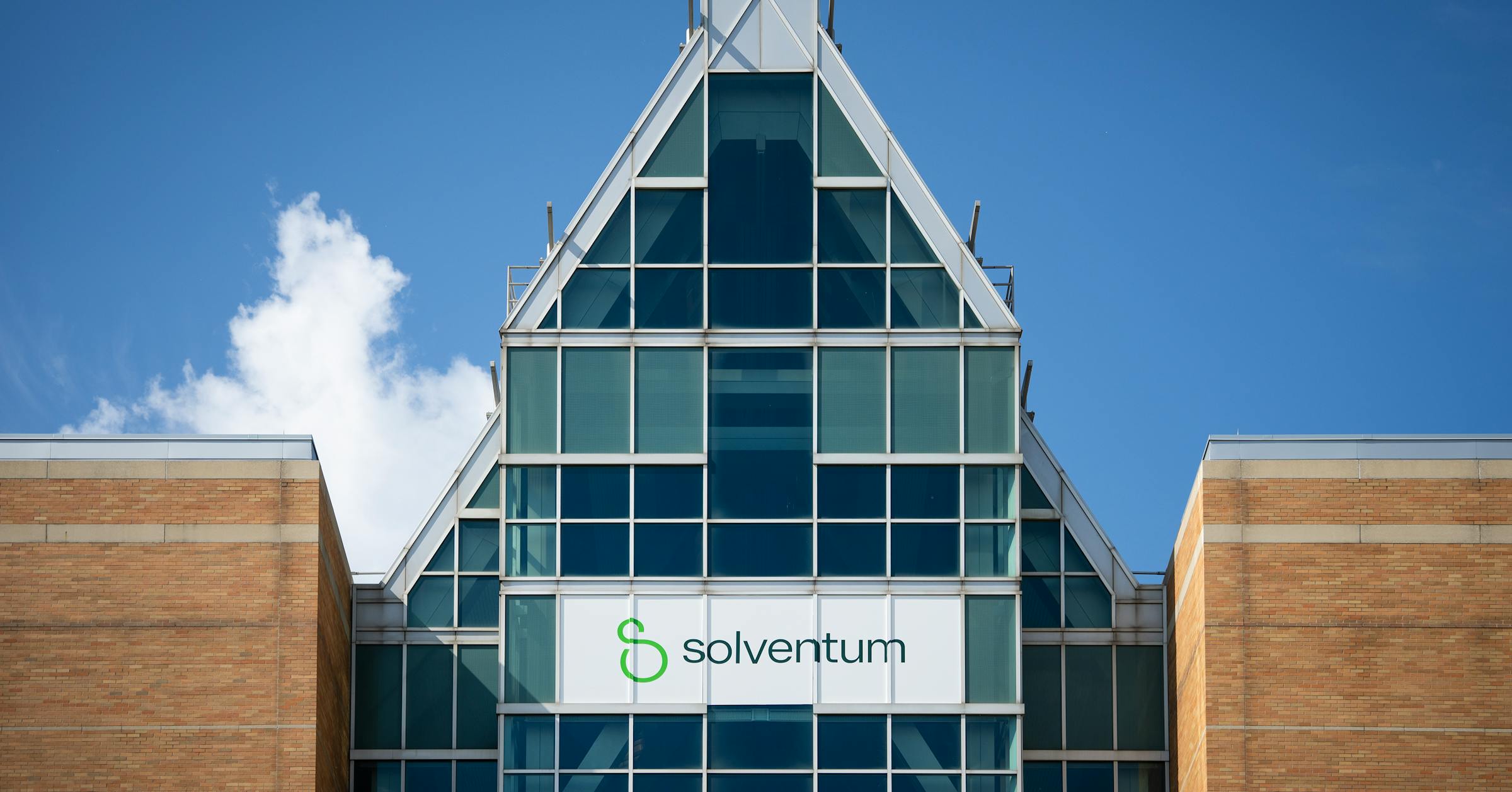
""We were challenged on finding a 'why' to return employees to the same workplace," she said, adding there was no drop in engagement or performance during the pandemic. "Instead, we started to ask ourselves, 'How could we build our workforce for the future vs. going back to what we had?'""
""It helps us attract and keep great people who love our purpose," a company spokesperson said. "This philosophy aims to enhance collaboration, culture and innovation and enable better results.""
"Flexibility is likely employees' third priority after compensation and development. The Eden Prairie-based cleaning equipment-maker requires three in-office days."
"Chief Talent Officer Julie Cosgrove said more than 60% of employees have remote working arrangements and only come in about once a month for collaboration or team building."
Executives recognize that flexible work arrangements enhance recruitment, particularly benefiting employees with caregiving duties or lengthy commutes. Affinity Plus adopts a 'virtual-first' model, enabling over 60% of employees to work remotely. There's no decrease in performance or engagement in remote settings during the pandemic. Thrivent offers division leaders the autonomy to decide employee work locations, enhancing collaboration and retention. Tennant Company’s CEO notes that flexibility ranks third in priority for employees, following compensation and development, reflecting a shift in workplace dynamics post-pandemic.
Read at Startribune
Unable to calculate read time
Collection
[
|
...
]